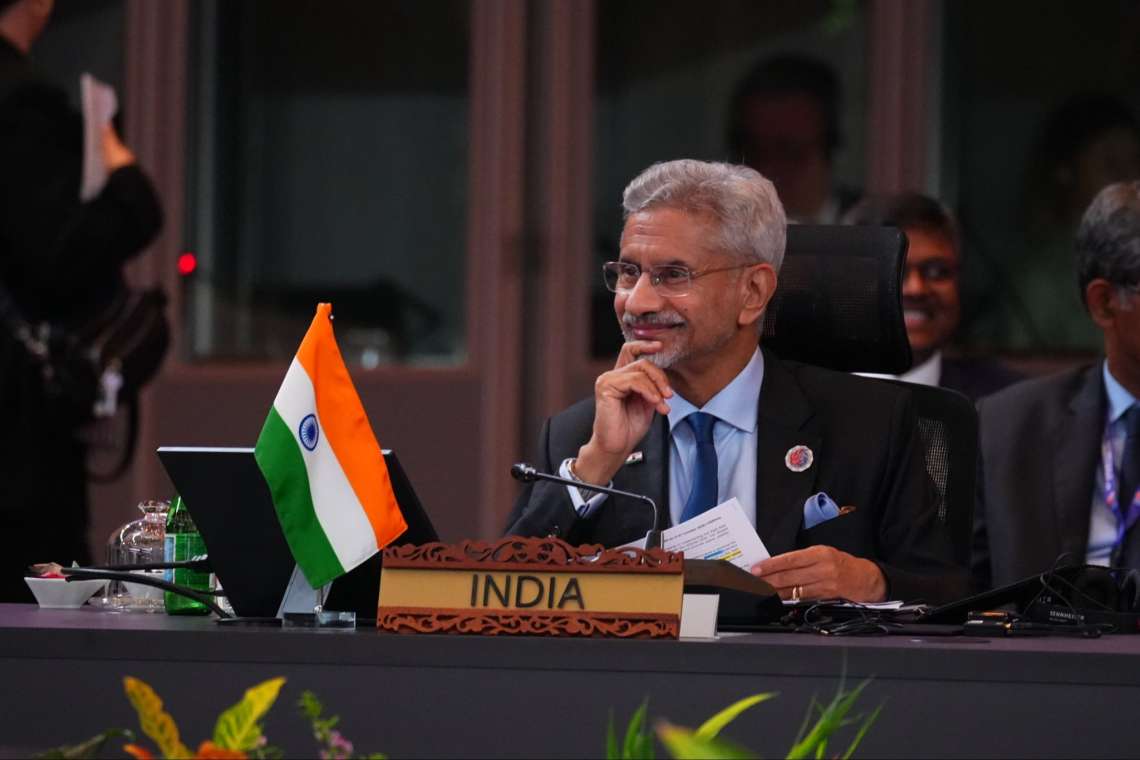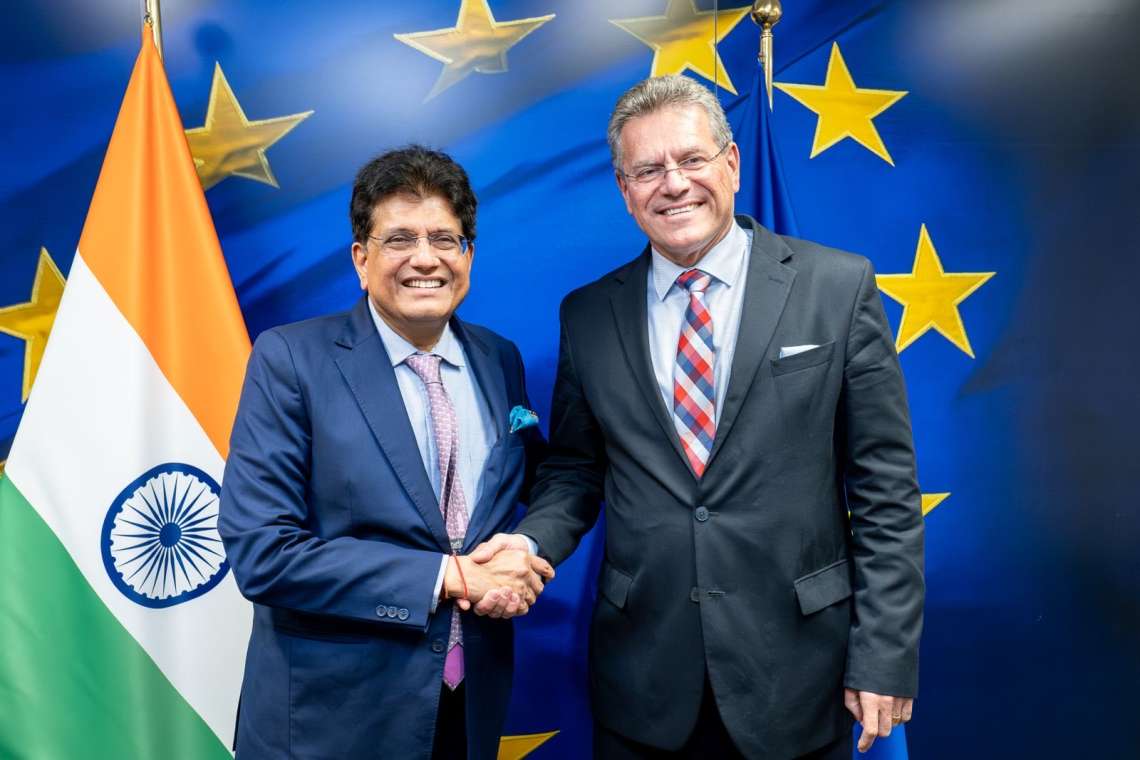The study recommends a glide path for reducing India’s input tariffs to match the competitiveness of China and Vietnam…reports Asian Lite News
The electronics industry on Tuesday urged the Central government to look into lowering tariffs on inputs in the upcoming budget and scale up local manufacturing to further beat China and Vietnam.
The recommendations by the electronics industry, aimed at attracting Global Value Chains (GVCs) to India, are based on a detailed seven-country “Tariff Study” on input tariffs for smartphones, examining the impact of high tariffs on India’s mobile phone manufacturing and export competitiveness.
India’s simple average most favoured nation (MFN) tariff for inputs is 7.4 per cent, compared to China’s effective zero tariffs offered in bonded zones and Vietnam’s 0.7 per cent FTA-weighted average tariffs.
“Sustaining the tremendous growth in mobile phone production and exports requires matching the competitive tariff regimes of China and Vietnam,” said Pankaj Mohindroo, Chairman of the India Cellular and Electronics Association (ICEA).
“Current high tariffs increase manufacturing costs in India by 7-7.5 per cent on the bill of materials (BoM), deterring local ecosystem development, hampering exports, and adversely impacting job creation,” Mohindroo added.
The study recommends a glide path for reducing India’s input tariffs to match the competitiveness of China and Vietnam.
“Any revenue foregone under this tariff reduction would be more than compensated by the additional revenue generated from higher affordability, increased production, sales of smartphones and higher economic activity following job creation,” the findings showed.
The industry recommended that all tariff lines that increase costs significantly, including components of complex subassemblies, should be brought down to zero.
“India’s seven tariff slabs for the mobile sector should be reduced to 3+1 slabs – 0 per cent, 5 per cent, 10 per cent and 15 per cent by 2025,” they said.
The reduction in duty from 20 per cent to 15 per cent on printed circuit board assembly (PCBA), charger adapters and mobile phones and the reduction in duty on mic/receiver from 15 per cent to 10 per cent “will have no impact on current domestic manufacturing”.
India’s electronics manufacturing output has reached a record-breaking $115 billion in FY24, with $29.1 billion in electronics exports, making electronics the fifth-largest export category from India.
Mobile phones alone contributed over 54 per cent of this export, with production out of $51 billion in FY24.
ALSO READ: India’s Mobile Exports Soar, Rivals Dip














